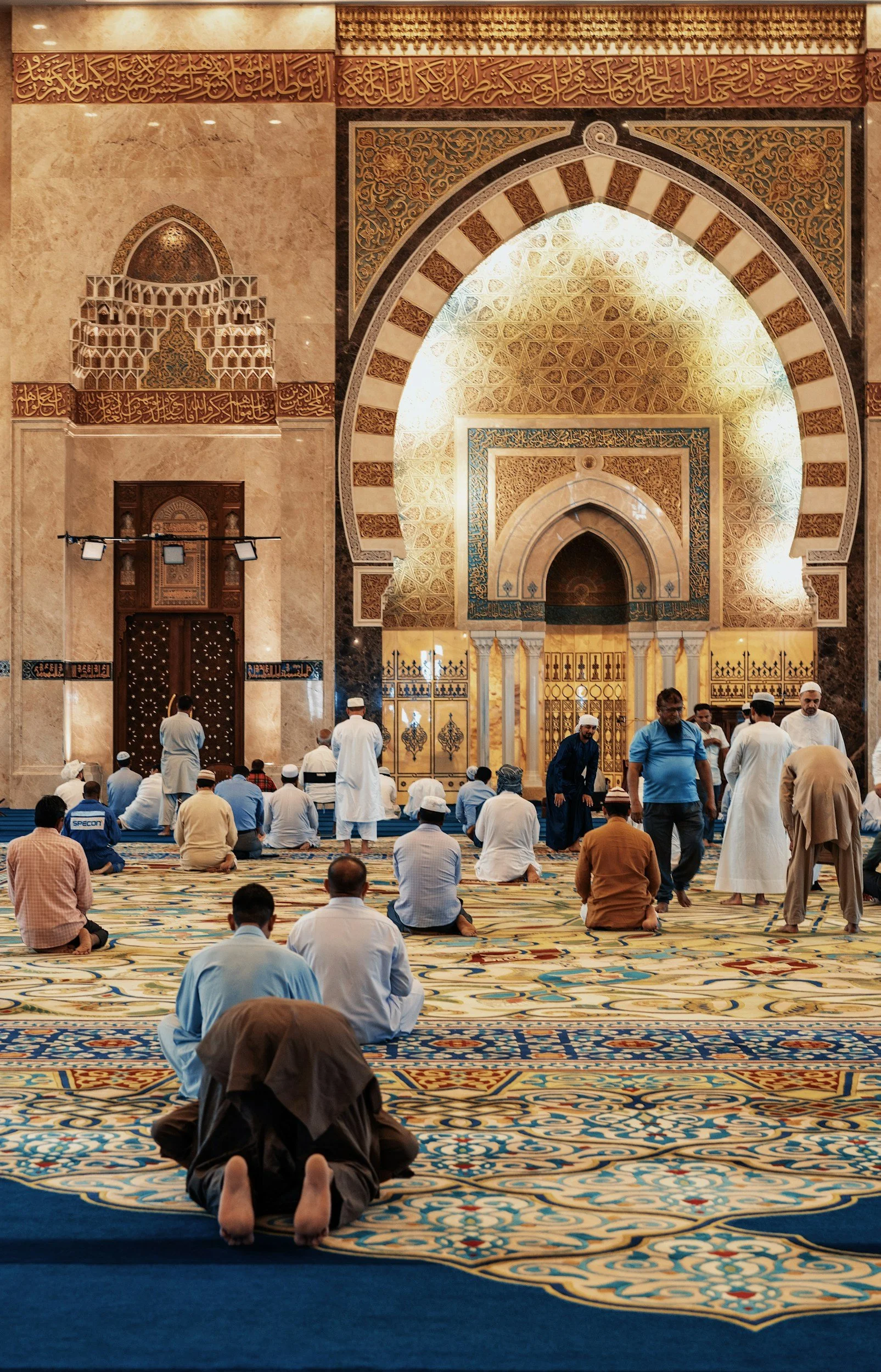Therapy for Muslims in New York, Massachusetts, & Texas
Common challenges Muslims in the United States experience:
Identity Struggles
Feeling "too Western" in Muslim spaces and "too Muslim" in others causes cultural confusion.
Conflicting ideas about being a "good Muslim" and fitting into society.
Family & Community Expectations
Pressure to follow specific career paths like medicine, engineering, or law.
Expectations regarding marriage, modesty, and gender roles.
Worry about disappointing family or being seen as disrespectful for choosing a different life.
Mental Health Stigma
Emotional problems can be overlooked with comments like “Just pray.”
Going to therapy might be viewed as a lack of spiritual strength.
There is often a shortage of mental health experts who understand different cultures or religions.
Parents might ignore their children's mental health issues, blaming them on laziness or a lack of spirituality.
Islamophobia
Harassment, surveillance, or profiling, especially after 9/11.
Bullying in schools, especially for hijab-wearing girls or children with Muslim names.
Job discrimination or feeling pressure to hide religious identity in professional settings.
Emotional toll of consistently needing to defend or explain one’s religion.
Gender-Based Double Standards
Women may face stricter scrutiny around clothing, behavior, and public presence.
Men may be discouraged from showing emotional vulnerability or seeking help.
Women who speak out may be labeled as rebellious or "too Western."
Marriage & Relationship Pressures
Tension between arranged vs. self-initiated marriages.
Pressure to marry young or only within one’s ethnic group.
Fear of judgment for remaining single, choosing divorce, or marrying outside the culture.
Limited open dialogue around romantic relationships or sexuality.
Navigating Media Misrepresentation
Internalized shame or confusion about faith and identity.
Pressure to constantly represent or defend Islam in public spaces.
Lack of role models in media, literature, or leadership who reflect diverse Muslim experiences.
Spiritual Guilt & Perfectionism
Fear of punishment for mistakes or doubts.
Guilt over not praying enough, not wearing hijab, or not feeling “spiritual enough.”
Difficulty distinguishing between cultural pressure and genuine Islamic values.
Dr. Denese’s Muslim Background
As one of the few South Asian and Muslim psychologists in the United States (including NYC, Houston & Boston), Dr. Denese is dedicated to providing safe spaces for those seeking a skilled mental health provider with similar life experiences.
During her youth, Dr. Denese spent weekends attending Islamic school and reading the Qur’an and Hadith. Her faith provided a strong foundation for discipline, moral guidance, and a sense of purpose. However, growing up Muslim in post-9/11 America, especially while wearing the hijab as a child, also exposed her to the painful realities of Islamophobia and racism, even in a progressive city like New York.
These early experiences shaped her deep understanding of how Islam is often misunderstood or misrepresented in broader society. Within her own community, she also observed a silence around emotional struggles. Anxiety, depression, and trauma were rarely acknowledged openly, and often minimized with well-meaning but insufficient advice like, “Just pray, Allah will make it easier.” Academic challenges in children were frequently dismissed as a lack of effort, with little attention given to underlying issues like ADHD or learning differences.
While Dr. Denese values the strength and solace found in spirituality, she believes it must be balanced with openness, vulnerability, and the use of evidence-based tools to support mental health. Her lived experiences as a Muslim in America give her a unique and empathetic lens through which she understands and supports the emotional needs of others in the Muslim community, especially in a time when that understanding is more necessary than ever.
Schedule Free Consultation Today
Schedule a free 15-min consultation call by signing up for an open time-slot here or sending a message through this website.

